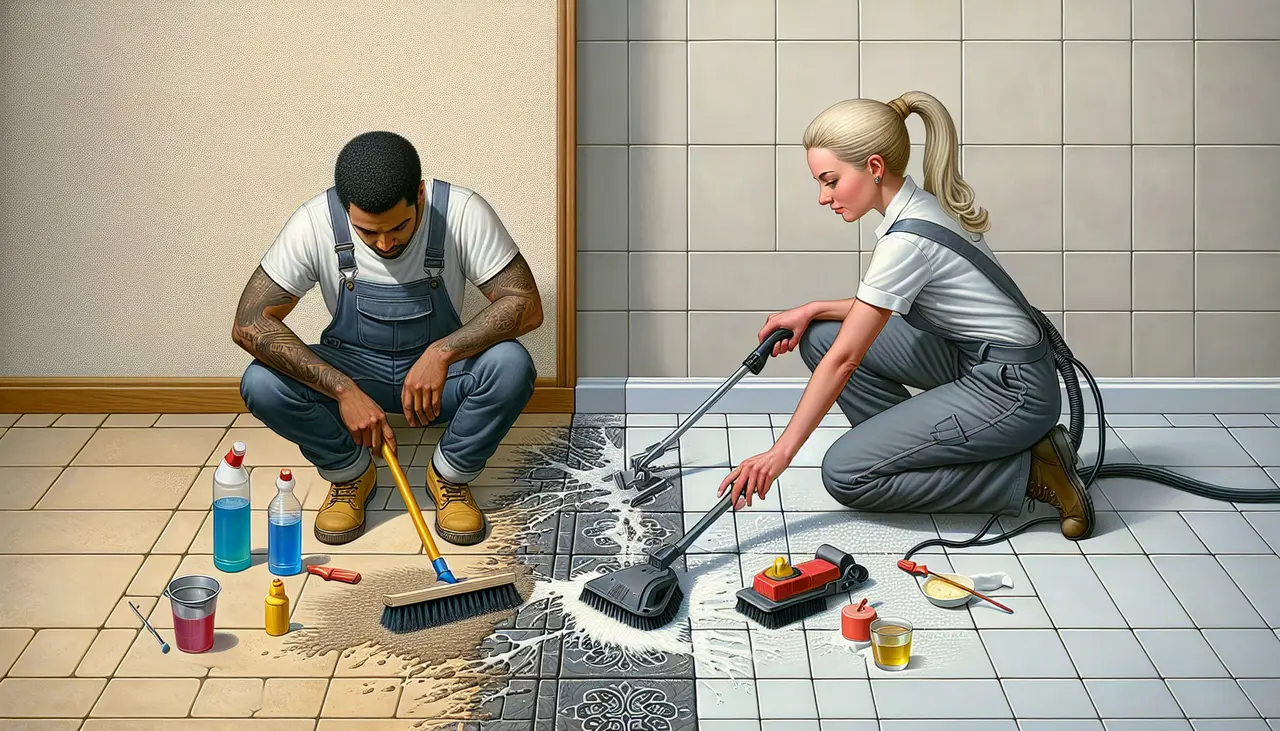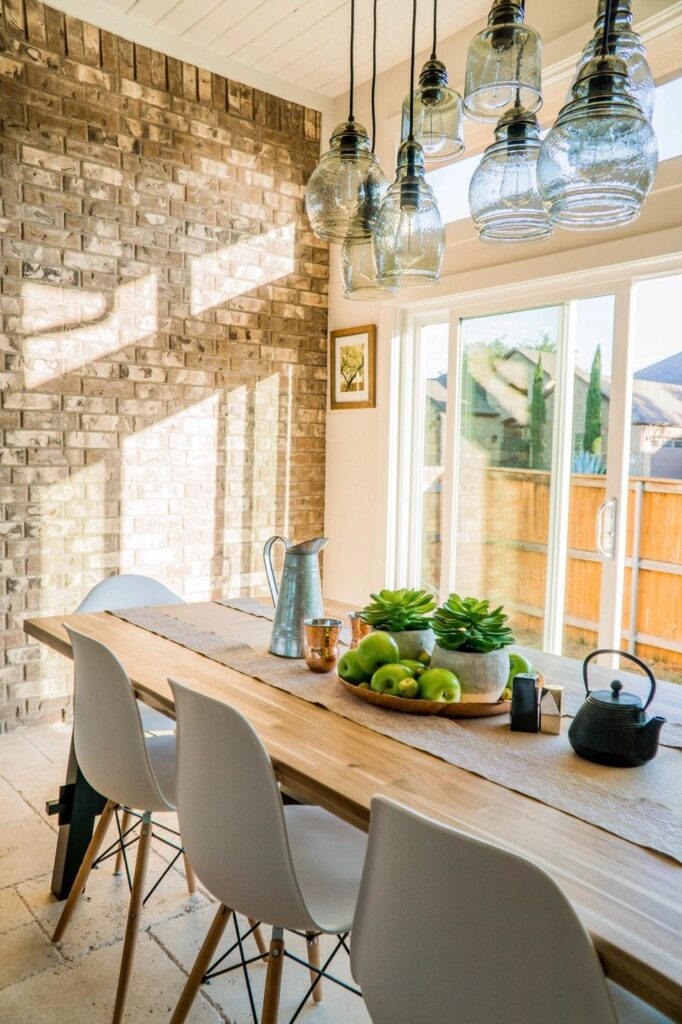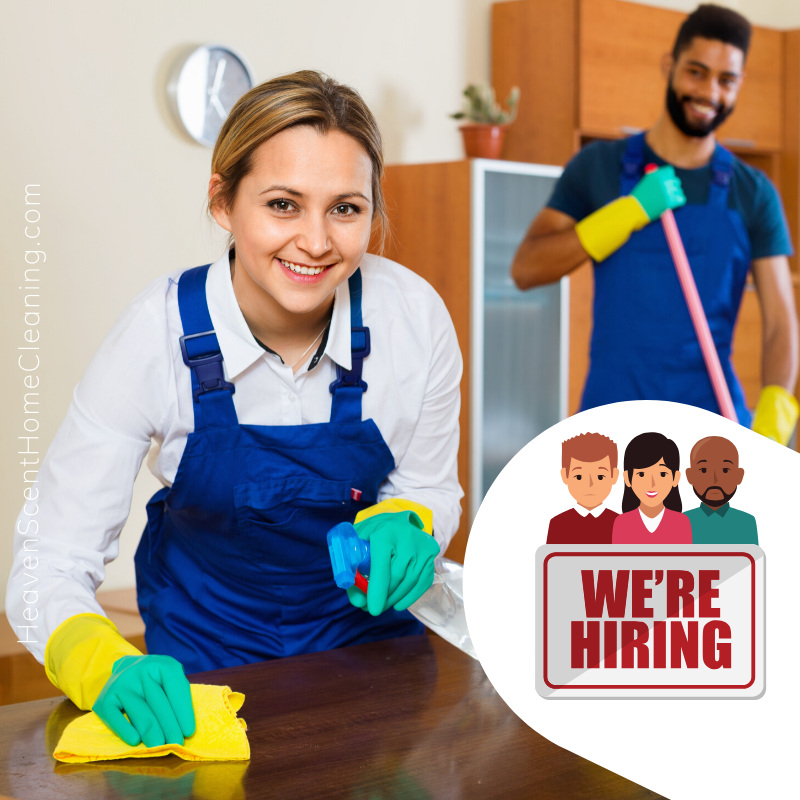Introduction to Tile Cleaning: DIY vs. Professional Services
Tile cleaning might seem like an easy job at first glance, but it’s more complicated than you think. The main battle is between doing it yourself (DIY) and calling in the pros. DIY means grabbing your supplies and getting down to scrub, which can save money and be instantly gratifying. But, and it’s a big but, without the right skills or products, you can end up causing more harm than good to your tiles. On the flip side, professional cleaning services come with a team who knows their stuff. They have the tools and the know-how to get deep into your tile’s grout, leaving your floors or walls looking like new. This choice isn’t just about dirt; it’s about maintenance, the life of your tiles, and sometimes, about saving money in the long run. So, before you decide which route to take, understand what each path entails.
Understanding the Basics of Tile Cleaning
Getting your tiles to look spotless is more than just a swipe of a mop. It involves understanding what your tiles need. You’ve got two routes: do it yourself (DIY) or hire a pro. DIY means grabbing your gloves, getting down and dirty, and using household cleaners. It’s the cheaper route but it can be hit or miss if you’re not sure what you’re doing. On the flip side, professional services have the tools, the know-how, and the power to deep clean, reaching dirt that’s almost made itself part of the family in grout lines. Here’s the kicker, though. While pros can give your tiles a makeover, they come with a price tag. So, knowing the basics of tile cleaning is crucial whether you pick up the scrubber yourself or call in the cavalry. It all boils down to what your tiles are made of—ceramic, porcelain, or natural stone—and tailoring your cleaning method to that. Wrong cleaners can ruin your tiles, and ignorance isn’t bliss when you’re staring at a bill or blemished tiles. Go smart, whether DIY or pro.
The Pros of DIY Tile Cleaning
DIY tile cleaning saves money. Instead of hiring professionals, using your cleaning supplies cuts costs. It’s flexible; clean on your schedule without waiting for service appointments. DIY also offers satisfaction from completing the task yourself. Plus, for light cleaning, everyday products work well, avoiding harsh chemicals. However, effectiveness varies with effort and technique.
The Cons of DIY Tile Cleaning
When you decide to tackle tile cleaning on your own, a few drawbacks may not be immediately obvious. First off, without professional tools and solutions, it’s tough to get a deep clean. What’s available at your local store just doesn’t cut it for stubborn grime. Then there’s the time factor. DIY means you’re spending your weekend scrubbing instead of relaxing or enjoying hobbies. Don’t forget the risk of damage. Using the wrong product can leave your tiles looking worse than before. Lastly, while you might save a few bucks upfront, any mistakes could lead to costly repairs down the line. In the end, going DIY might not be as cheap or effective as you think.
The Benefits of Hiring a Professional Tile Cleaning Service
When it’s about keeping your tiles sparkling, hiring a professional tile cleaning service might seem like an extra expense. But it’s worth every penny. Here’s why. First, they bring in the heavy artillery—equipment and cleaning solutions that you won’t find in your local store. This gear gets rid of dirt and grime deep down, something your mop and bucket can’t do. They understand tiles. Professionals know that not all tiles are the same and tailor their approach accordingly, whether it’s your bathroom or kitchen tiles. This know-how prevents damage and extends the life of your tiles. Time is money, and professionals save you both. They get the job done quickly and efficiently, freeing you up to do other things. Lastly, the result speaks for itself. Professional cleaners leave your tiles looking as good as new, enhancing the overall look of your space. So, while DIY might seem cheaper upfront, professional tile cleaning services provide value that far outweighs their cost.
Potential Drawbacks of Professional Tile Cleaning Services
Professional tile cleaning brings your floors back to life, but it’s not without its flaws. First off, the cost can make you think twice. Depending on the area size and the tile type, professional services could dig deep into your wallet. Second, scheduling can be a headache. You have to align your time with the availability of the service, which might not always match up. Lastly, there’s the risk of too harsh chemicals or methods that could damage more delicate tiles. Always consider these points before deciding on hiring a pro.
Cost Comparison: DIY vs. Professional Tile Cleaning
When it comes to cleaning your tiles, going the DIY route or hiring a pro has its pros and cons, especially in terms of cost. Doing it yourself could seem like a money-saver at first. You might spend around (30 to )60 on cleaning supplies if starting from scratch. This includes buying cleaners, brushes, and possibly a mop. But, remember your time and effort are also part of the cost, which many forget to add. On the flip side, hiring professionals might seem pricier initially. A pro service could charge you (300 to )500 for an average-sized home. This gap in cost gets you expertise, specialized equipment, and a deeper clean that might be hard to achieve on your own. So, when looking at the numbers, consider not just the immediate expenses but also the long-term value and your own time.
How to Decide: Choosing Between DIY and Professional Tile Cleaning
When it comes to tile cleaning, it boils down to two choices: doing it yourself or hiring a professional. Let’s keep it simple. DIY can save money and be immediately satisfying. Gather some cleaning supplies, and you’re set. For regular maintenance or light cleaning, this might be all you need. But, consider the professionals for heavy-duty or specialized tasks. They have the right tools and know-how to tackle stubborn grime and stains without damaging your tiles. Think about what your time is worth, too. Hiring someone means you can relax or focus on other tasks. If you’re leaning toward DIY, ask yourself if you really have the time and energy to do it right. If you’re thinking about going pro, think about the cost versus the convenience and quality of work. Simply put, if it’s a small, manageable job, DIY could be your path. For bigger jobs or to ensure it’s done right, professionals might be the better choice.
Questions to Ask Before Hiring a Tile Cleaning Service
When thinking about hiring a tile cleaning service, don’t shy away from asking questions. You’re handing over a part of your home, after all. First, check if they’re insured and licensed. This protects your peace of mind. Ask about their cleaning methods – each tile demands a different approach. Find out the kind of cleaning solutions they use. Are they safe for your tiles, pets, and children? Inquire about their experience and reviews. How long have they been in the business? What do their past clients say? Lastly, understand their pricing. Is it by the room or square footage? Are there hidden costs? Remember, no question is too small when it’s about protecting your home.
Conclusion: Making the Best Choice for Your Home
Deciding between DIY and professional tile cleaning boils down to what you value most: time, effort, or quality. Doing it yourself might save you some cash upfront, but unless you’re ready to put in the elbow grease, you might not get the deep clean you’re hoping for. Professionals have the tools and know-how to get your tiles looking like new, which means you’re paying for their expertise and high-grade equipment. Think about how much your time is worth. If spending a weekend scrubbing isn’t your idea of fun, hiring a pro might be the smarter choice. Plus, if you’re worried about maintaining the integrity of your tiles, professionals know the right methods to avoid damage. Whichever route you choose, weigh the pros and cons based on your budget, the condition of your tiles, and how you prefer to spend your time. Remember, it’s not just about cleaning; it’s about caring for your home in the long run.



